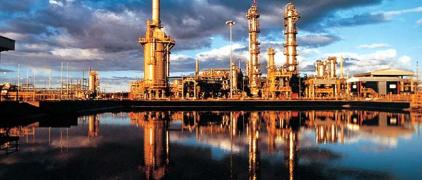
BC’s recent push in natural gas may prove to be more nefarious for near-term climate change than previously thought. Recent studies based out of Cornell University bring the impact of natural gas, comprised of mostly methane, into view. Leakage from the natural gas sector is expected to be significantly underreported and the research shows that pipe leaks, venting practices and fugitive emissions may lead to up to a 20% loss of natural gas from pumping out of the ground to final destination. This is problematic because over a 20-year period, methane has a magnitude greater impact on the atmosphere than carbon dioxide (CO2). It has a shorter life span, which means over the longer term, its global warming potential (GWP) fades more quickly than CO2, which lives for centuries in the atmosphere but over a 20-year period methane is up to 105 times greater at warming the atmosphere than CO2. Cornell’s research, published in the journal, Nature, is showing significant differences between industry estimates of methane leakage and actual measurements; the difference in cumulative loss rates is nearly double in Colorado and Utah.
It is not clear whether these findings are typical for the sector at large, but it does provide a snapshot for thinking critically about these issues in other jurisdictions. For instance, in BC, not adequately accounting for these fugitive methane emissions may actually be contributing to more near-term climate change than the 2 million licensed passenger vehicles. One thing is clear, these estimated versus actual methane emissions will need to be accounted for and reconciled, particularly with the province’s ambitious climate targets to achieve 33% below 2007 levels by 2020 for the province to maintain its leadership role on climate change.